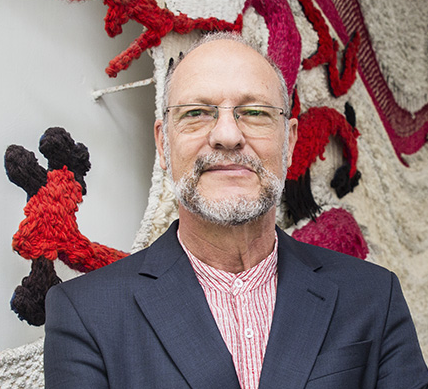[ad_1]
By Rui Lourido
The Chief Executive of the Macau Special Administrative Region (SAR), Ho Iat Seng, is visiting Portugal between April 18 and 22. The fact that it is his first visit abroad post-pandemic, and that his agenda includes “the importance of the Portuguese language and culture as a differentiating factor is a competitive advantage of Macau in relation to other regions of China,” carries a special significance for the Portuguese-speaking community of Macau.

The visit represents another step in the deepening of relations not only between Macau and Portugal, but also with China in general, for which he will be received by Portugal’s top officials: the President of the Republic, Prime Minister, President of the Assembly of the Republic and Minister of Foreign Affairs. The delegation includes 50 businessmen from Macau and has scheduled several visits to Portuguese partners, with emphasis on the food and pharmaceutical sectors. With the support of the Macau Institute for the Promotion of Trade and Investment, the delegation has scheduled visits to Lisbon and Porto. To give greater visibility to the visit, the Macau Government Tourism Office (MGTO) presents, daily, a projection show with evocative images of Macau, at Terreiro do Paço, between April 15 and 22.
Macau is a key city in China’s centuries-old relationship with the West, Europe and Portugal in particular. The Chinese central government’s respect for the One Country, Two Systems transition process has allowed the Macau SAR to modernise and develop extraordinarily quickly.
The reintegration of the Macau SAR into the administrative structure of China respects the legal system and political autonomy, with its own government and respect for the multicultural, multi-ethnic and linguistic diversity of its population, with the recognition of Portuguese as an Official Language of the region for at least 50 years.
The Macau SAR government has preserved and dignified the tangible and intangible historical heritage of Portuguese origin. The Macau SAR has encouraged exchanges with countries that speak Portuguese. Examples of this are support for the organisation of artistic, literary and scientific meetings, and financial support for the Portuguese-language edition of several Macau newspapers, as well as a Digital Library with all works on Macau and the Chinese mainland between the 16th and 19th centuries, an initiative by the China Observatory (available for free reading at the National Library of Portugal: http://purl.pt/26918/1/PT/index.html), which thus preserves for the future an important part of the history and Macau culture.
As part of the One Country Two Systems policy, the Macau SAR was invited to join the most promising and ambitious project of the central government of China for economic expansion and social development in southern China – the Guangdong-Hong Kong Macau Greater Bay Area, which brings together the two Special Administrative Regions and nine other cities in Guangdong province. This also includes the joint development of the Guangodng-Macau In-depth Cooperation Zone in Hegqin, Zhuhai.
Thus, for the first time in the history of Macau, the Macau SAR overcomes the limitations resulting from the small size of its territory through various structural actions, namely, through the construction of a housing stock, to provide better housing conditions for young people and the rest of the population.
The Guangdong-Hong Kong-Macau Greater Bay Area is one of the areas to which Macau intends to attract Portuguese and European investment in value-added industries with high technological and financial performance. Hengqin has allowed Macau to expand its educational system, with emphasis on professional training and the University of Macau.
This global strategy of the Macau SAR creates favourable objective conditions for Macau to escape dependence on the Gaming/Tourism industry and improve the conditions for attracting and interconnecting the extensive inland market of South China with international markets, and in particular that of the countries of Portuguese language, which is one of the main objectives of Ho Iat Seng’s visit to Portugal.
China has been valuing its political and economic relations with all Portuguese-speaking countries, to such an extent that in 2003 it established in Macau the Forum for Economic and Commercial Cooperation between China and Portuguese-speaking Countries, better known as Forum Macau. Through this mechanism, in particular, China will deepen collaboration with Portuguese-speaking countries in sectors such as artificial intelligence, such as connectivity, energy and infrastructure, industrial development, environmental protection and building a global health community for all. The 20th Congress of the Communist Party of China (CPC) itself devoted support to the current development of Macau and Hong Kong and respective strategies for greater integration with development.
[ad_2]
Source link
